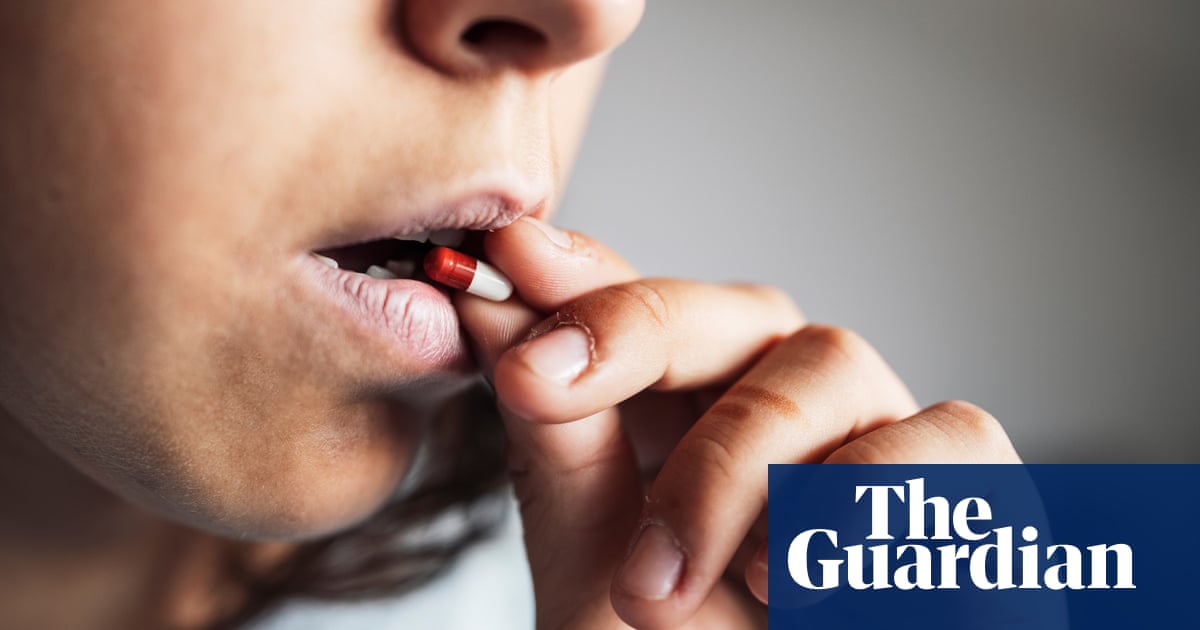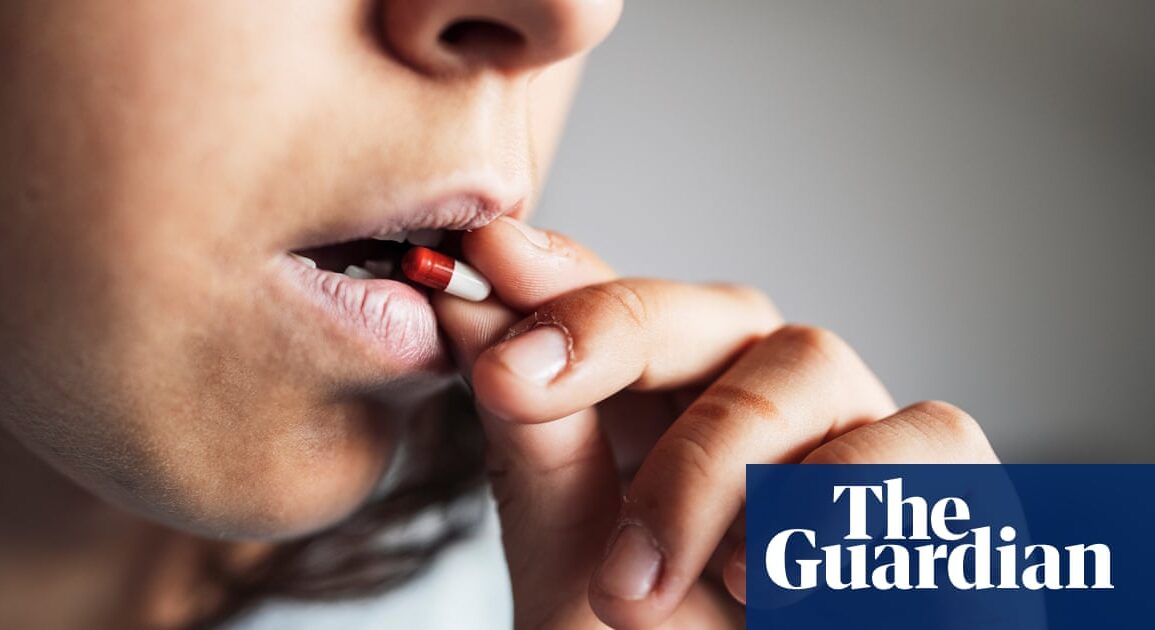
New polling data from the Legal Action Center shows that more Americans than ever think substance use should be treated as a health issue, rather than a criminal justice issue.
But many state and federal laws continue to criminalize substance use – more than half of states still treat drug possession as a felony.
The Legal Action Center poll revealed that in 2024, 75% of Americans thought that substance use disorders (SUD) “should be treated more as a health problem than a criminal problem”, compared with 67% in 2019. The poll also showed rising support for increased spending and access for SUD treatment, including in jails and prisons.
Gabrielle de la Guéronnière, vice-president for health and policy at the Legal Action Center, says she was “really pleased” with the results “across different party and demographic lines” and that it was “good to see in such a time where there’s so much division”.
There isn’t quite the same level of unity when it comes to actual policies on substance use.
Maritza Perez Medina, director of federal affairs at Drug Policy Alliance, says changes in policy on overdose prevention and drug criminalization are a “mixed bag”.
“We’ve seen some really good progress on getting more folks on board with supporting some harm-reduction approaches like fentanyl test strips and Naloxone expansion,” she said.
The Biden administration dramatically expanded access to naloxone, an overdose-reversal medication, including by making it available over the counter. Some jurisdictions, including Chicago, have made naloxone and fentanyl test strips free to the public. And several states decriminalized drug-checking equipment, including fentanyl test strips in 2023, but some still forbid drug checking.
Some policies intended to increase SUD treatment access have been around for a long time, but local and federal governments often fail to provide sufficient funding and attention to make the most of those policies.
“Our field has really been able to do a lot with very little in terms of resources, relying for many years just on discretionary money now and again,” de la Guéronnière said, adding that governments need to invest in longer-term measures, including efforts to recruit and train medical professionals who can treat mental health and substance use disorders.
Even outside of SUD treatment, there is a shortage of behavioral health workers in the US.
Deborah Steinberg, a health policy attorney with Legal Action Center, notes that insurance companies have largely failed to comply with a 2008 law intended to increase access to SUD treatment.
The Mental Health Parity and Addiction Equity Act “requires non-discriminatory health insurance coverage of mental health and SUD treatment”, said Steinberg, so insurance companies essentially have to cover these services “in a way that is comparable to how they cover medical and surgical benefits”.
But, Steinberg said, insurance companies almost universally fail to follow these requirements. The American Medical Association’s annual report on the overdose crisis, released last month, repeatedly accused insurance companies of violating federal laws that require them to cover SUD treatment. New rules intended to more strictly enforce compliance go into effect next year.
Laws that further criminalize drug use are also making it more difficult for people who use drugs to access care, and could also lead to more overdoses, said Medina. Research shows that people are as much as 40 times more likely to overdose after experiencing incarceration, and very few jails and prisons provide access to SUD treatment.
The Biden administration continued a Trump era policy of criminalizing fentanyl and its analogues, and multiple states have toughened their fentanyl laws in recent years. For example, Colorado passed a law in 2022 that lowered the threshold for felony possession of fentanyl from 4 grams to 1 gram. Researchers predict this change will lead to over 5,000 overdose deaths in five years.
“If you want to actually treat addiction and problematic drug use as a health issue, it’s hypocritical then to want to throw individuals who use drugs in an incarcerated setting,” said Medina, “because we know that that doesn’t do anything to actually solve what is, at the end of the day, a health issue, and in fact diverts resources away from the systems of support that people really need.”
This post was originally published on this site be sure to check out more of their content.









